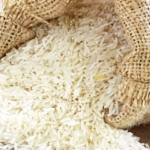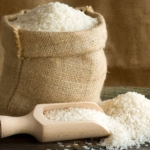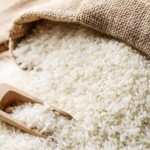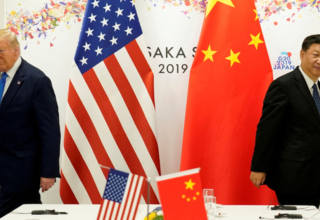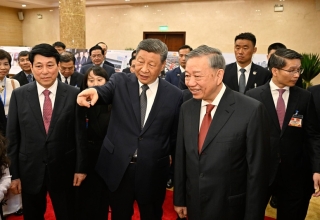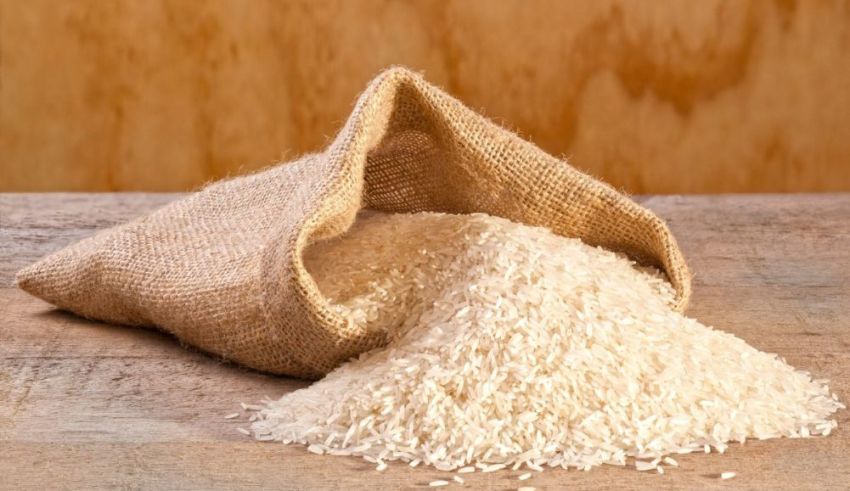
Recently, India’s Ministry of External Affairs made a crucial decision to allow rice shipments to Singapore, citing the strong economic, diplomatic, and human ties between the two nations. The decision raises concerns about India’s objectives, the effect on its internal market, and the ramifications for the international rice trade. It also comes in the wake of India’s prohibition on exports of non-basmati white rice.
The statement from the Ministry highlights the unique connection between India and Singapore, which is marked by common interests and active bilateral cooperation. The choice to permit rice exports to Singapore can be interpreted as an effort to solidify this connection while taking Singapore’s demands for food security into account.
Impact on the Domestic Market
Many consumers were shocked by the export ban on non-basmati white rice, which was implemented to protect domestic food security and maintain rice prices. The action was performed to combat growing inflation, particularly before state elections. However, India’s quick turnabout in the Singapore rice export dispute demonstrates the ability of the nation to adjust while juggling its home obligations and its engagements abroad.
The export ban on non-basmati white rice, which was put in place to safeguard domestic food security and sustain rice prices, upset a lot of people. The step was taken to counteract rising inflation, especially in the run-up to state elections. India’s swift reversal in the Singapore rice export conflict, however, shows the country’s capacity to adapt while balancing its domestic commitments and its activities abroad.
India’s endeavor to regulate rice exports and boost its home market may be seen in the decision to put a 20% duty on parboiled rice exports till a specific date. The timing of this choice, amid international geopolitical unrest and economic uncertainty, emphasizes the complex interplay of political and economic factors that affect India’s trade policies even more.
Keep Reading
Singapore’s Perspective
Due to its reliance on rice imports, particularly those from India, Singapore must interact with Indian officials. The importance of India as a supply of rice is highlighted by the Singapore Food Agency’s attempts to get exemptions from the export prohibition. The delicate balance between international food trade and local food security is highlighted by this bilateral trading relationship.
Global Rice Trade Implications
With over 40% of worldwide rice exports, India is a significant player in the industry. The worldwide rice market was affected by the export prohibition on FCon-basmati white rice, which led to a shortfall of supplies. The fact that India is now allowing rice shipments to Singapore suggests a potential change in India’s policy regarding rice export limits.
With over 40% of worldwide rice exports, India is a significant player in the industry. The worldwide rice market was affected by the export prohibition on non-basmati white rice, which led to a shortfall of supplies. The fact that India is now allowing rice shipments to Singapore suggests a potential change in India’s policy regarding rice export limits.
